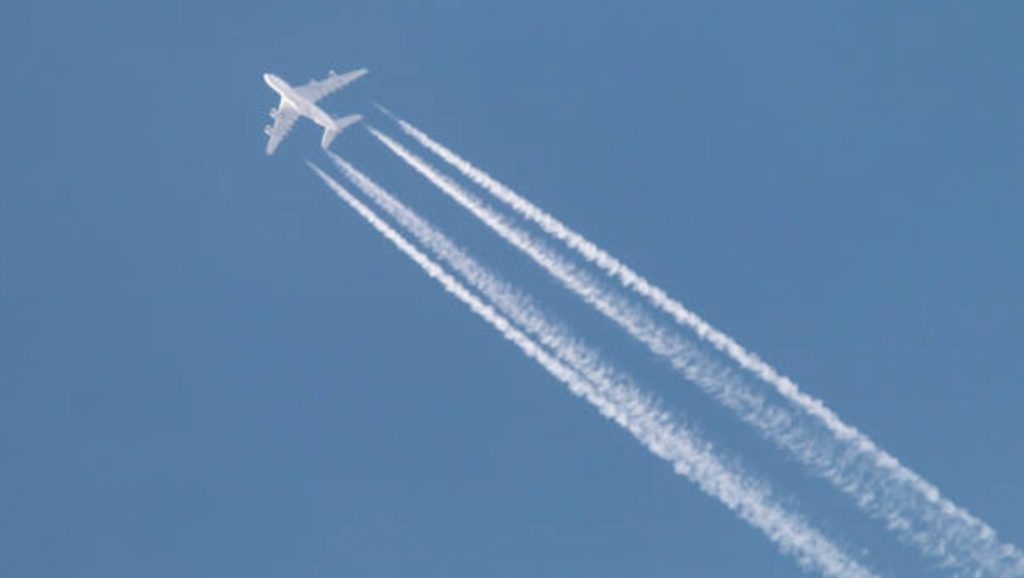
Airlines in Europe will soon have to start paying additional taxes for significant contribution to carbon emissions and air pollution, as part of the European Commission’s Green Deal.
Proposed early last year, the EU will begin phasing out emission allowances for airlines, which will be officially announced 14 July, according to an unidentified source who spoke to Bloomberg.
The Green Deal is pushing carriers at EU airports to use more Sustainable Aviation Fuels (SAF) – fuel derived from sustainable feedstocks – whether in blends or as a complete transition, the source said.
The cleaner fuels will also receive preferential treatment under the Green Deal’s new energy taxation framework, and according to the roadmap, “aligning taxation of energy products and electricity with EU energy and climate policies, to contribute to the EU 2030 energy targets and climate neutrality by 2050”.
In addition, the EU will also push for SAF use and lower emission fuels through its Fit for 55 package – the legislative package presented to reduce emissions at 55 per cent by 2030, compared with 1990 levels.
The package will include proposals to increase renewable energy and toughen the reduction in a “fair, cost-efficient and competitive way”, according to the draft document, which will be presented to national governments and the European Parliament next week.
The roadmap of the EU’s Green Deal began early last year, resetting the commissions “commitment to tackling climate and environmental-related challenges”. It’s second stage was public consultation from July to October last year to receive feedback about the initiative, and its next update will be the commission’s adoption next week.
The public consultation received 563 responses – mostly from business associations and citizens – and the majority welcomed the roadmap.
According to the EU, the Green Deal is its “lifeline” out of the pandemic, investing 1.8 trillion euro from the NextGenerationEU recovery plan, and the EU’s seven-year budget which will finance it.
This comes at a time where airlines have incrementally begun incorporating SAF’s as part of reducing carbon emissions.
American Airlines, Alaska Airlines, and JetBlue Airways are some of the carriers that have committed to using biofuels, however, the EU has seen the largest struggle of getting the ball rolling.
Before the COVID-19 pandemic, just 0.05 per cent of all fuel offered by jet fuel suppliers in Europe was SAF, according to a study released last month of airport fuel supply conducted by Eurocontrol.
This fell far below the current aim of seeing SAF represent 10 per cent of all fuel consumed in aviation, under a pre-pandemic European Commission initiative named ReFuelEU.
Despite the stark statistic, aircraft engine manufacturers GE and Safran announced an extended joint venture last month in developing engines that would reduce carbon emissions by a further 20 per cent, until 2050.
The CFM RISE (Revolutionary Innovation for Sustainable Engines) program will launch new sustainable technologies for future engines, which they intend to see enter service in the mid-2030s.










